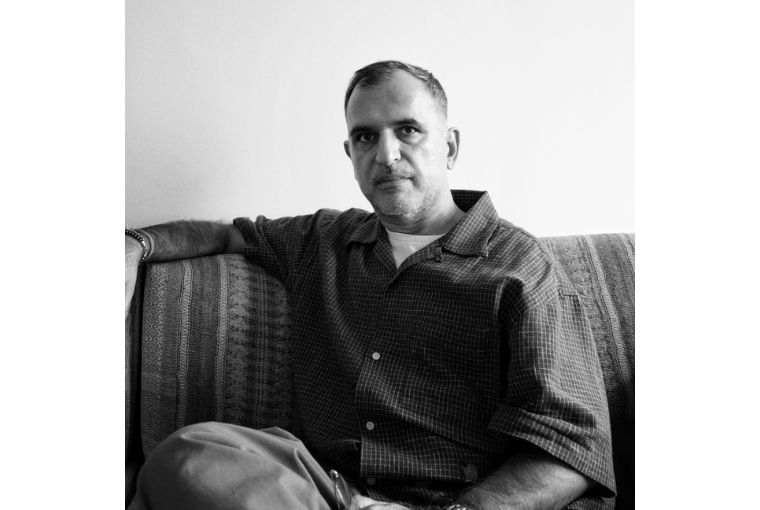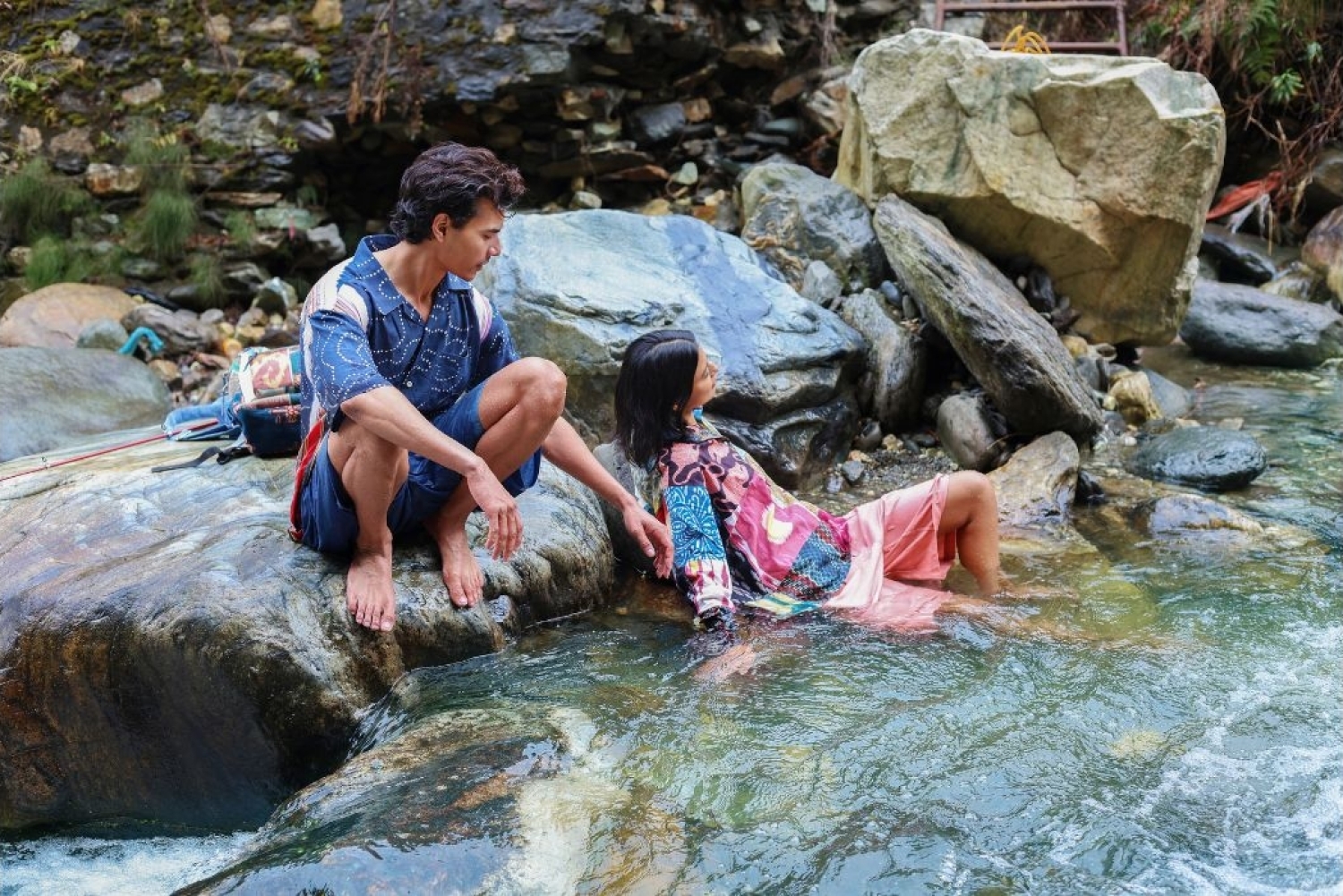

Rikki Kher didn’t set out to build a brand that would go on to stand alongside some of the most respected voices in global menswear. At the time, he had spent over a decade in India, working in garment production. Sometimes things went well, sometimes they didn’t. Somewhere in the process, he began making clothes for himself. A friend noticed and nudged him: 'Why not do this seriously?' What started with two machines, a masterji, a tailor, and a stack of Indian fabrics became KARDO. 'We just started. I said okay, let’s see what we can do from here.'
He had no interest in building a brand that lived purely online, nor was he interested in trends. 'I’m old school,' he says. He had worked in London’s fashion circles, run a clothing store, and spent years understanding the industry firsthand. It wasn’t just about building clothes; it was about building something that could travel, a menswear brand from India that could hold its own internationally.
From the very beginning, Rikki’s decision to start KARDO came with a few non-negotiables. He didn’t want to work out of someone else’s factory. He didn’t want to compromise on the little things. 'If we’re going to stand up in the international market as a brand, and we haven’t even started yet, let’s get the fundamentals right,' he explained. That meant hiring a team from scratch, sourcing fabric he found compelling, and insisting on detail. 'Fix the label. Make sure the product is made well. Quality has to be exceptional, better than everybody else’s.'
This obsession with perfection wasn’t abstract. It came from lived experience. 'I grew up in the ’70s as a brown Indian in London. You can’t imagine what it was like. Now I’m starting a brown person’s fashion brand, and I’m going to go compete? Imagine how it’s going to be.'
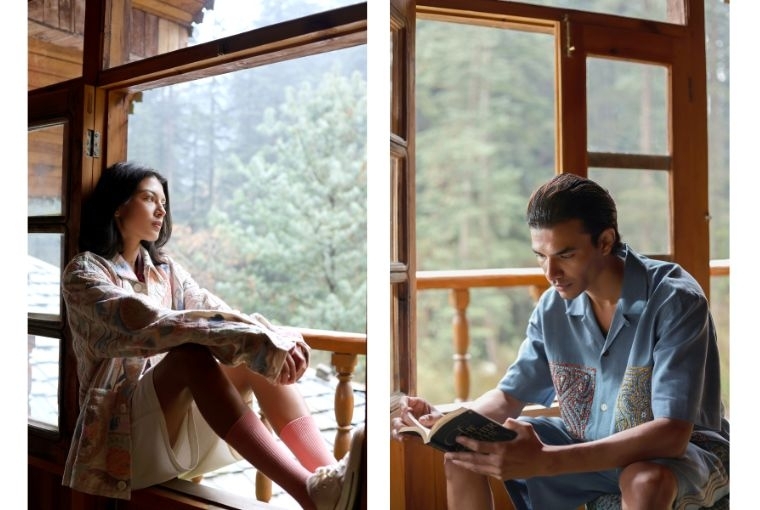
The first samples were photographed on his godson. The first collection was carried to New York. A trade show followed. The feedback was mixed. 'Few people came to see it. They were like, Wow, this is nice. Is it Japanese? But the moment they heard it was from India, everything shifted. They turned 180 degrees and walked away.'
He remembers stopping one buyer and asking why. 'We’ve worked with India before,' the man replied. 'Problematic. Bad quality. Delayed deliveries.' That was the perception, and the gap Rikki knew he had to work against. So he kept going. A second collection. A third. Small orders. More shows. Slowly, things began to shift. 'My first order was 16 pieces. I thought I hit the jackpot. I thought heaven had opened up for me.'
Over time, KARDO began finding its voice and space. The international fashion circuit, from Los Angeles to Paris, began to take notice. The price point was carefully considered. 'I don’t like the word luxury. It’s a word that doesn’t have meaning. I hope we’re affordable. It’s made with love, with care, made perfectly well. One tailor from start to finish. That’s luxury.'
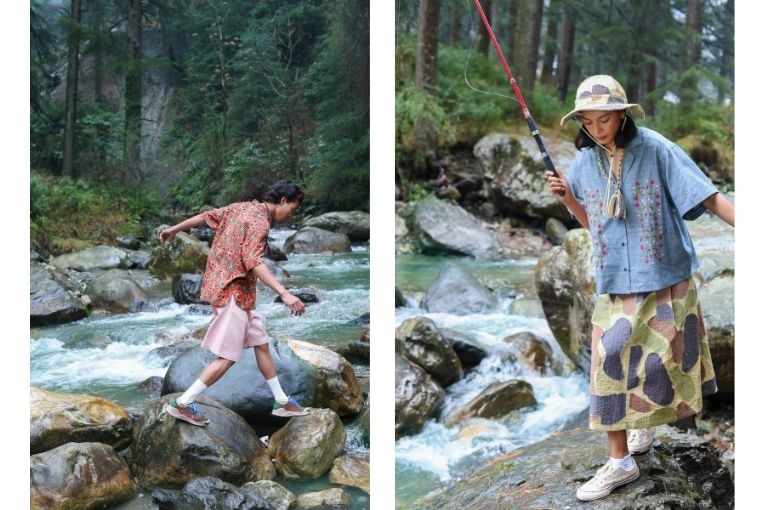
The name itself was an act of defiance. 'People said, put Paris on the label, you’re from Paris. Put London on the label, you’re from London.' Instead, he asked his masterji to translate KARDO into Hindi. 'Now I’m unapologetically from India. We’re going to beat this.'
As the years went by, the systems grew along with the brand. 'We were very much kind of a startup, hands-on deck. One machine, two machines, three machines. As we grew, we added them.' He packed boxes himself. Taught his designer to do it too. 'He hated me for it. But if you don’t understand that, you don’t understand fashion.'
Just before the pandemic, things were finally beginning to take off. New York shows strong orders, momentum. Then COVID hit. Everything paused. But when it ended, KARDO doubled overnight. 'We really took off.'
Today, the brand works out of a professional, compliant factory. 'We bought new machinery. We put a system in place. We have rigorous training for our tailors.' The bar for quality is high, each garment is still hand-cut and sewn by one tailor from start to finish.
The design process is rooted in textiles, not sketches. 'We start with fabric, and we start with artisans. Every year, we try to highlight one region of India. We make our collections like that. Our collections are based on textiles first, not silhouette. Silhouette, we decide once we’ve seen the fabric, the texture, the drape.'
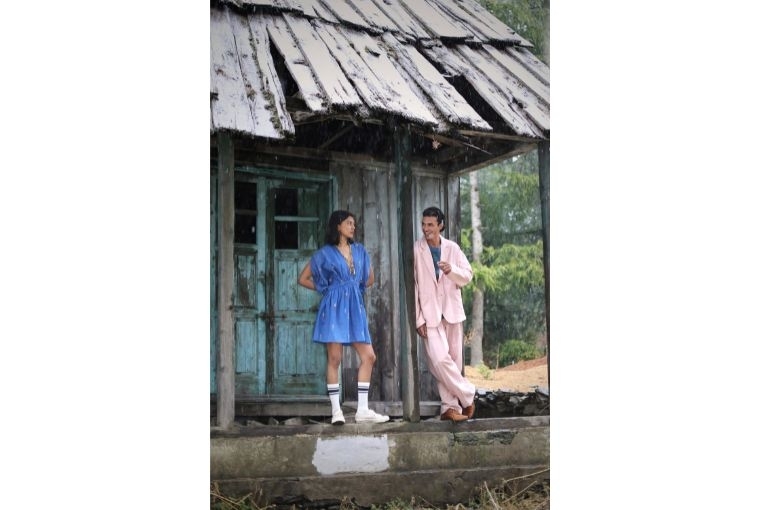
KARDO has always been vocal about its commitment to Indian crafts. But Rikki is careful not to romanticise it. 'Let’s not greenwash this,' he says. 'We are a low environmental impact brand.' Not everything is handmade, and not everything can be. 'We’re not under any illusions. Anyone who claims they don’t use any electricity to make clothing, come on.'
But what they are focused on is building circularity. 'If we give orders to a weaver, and next season more orders, he’s able to have two looms. That means his wife or daughter can learn how to weave. That means they will stay in that community.' To Rikki, the workers and artisans are not part of a charity campaign, they are professionals. 'These guys are not beggars. They’re artisans. Their traditions have been passed down for generations.' Transparency is a core value. Every garment carries a label telling the story of who made it. 'He’s not an anonymous human. He’s a human with skills.'
Much of Rikki’s work over the years has involved a lot of unlearning, too. 'I’ve had to learn how to be calm, not lose my temper. Be more empathetic. Look at the big picture.'
In a nutshell, he wants people to understand that a garment isn’t just a garment. 'It’s not just a shirt. It has a soul.' He isn’t trying to preach. “What we do is not fashion. I mean, we’re trying to express something through clothes. Maybe it’s my form of expression. I’m not a painter, not a musician.'
Over the years, he’s seen different responses to the brand, from buyers abroad, to diasporic communities, to Indian customers. 'Outside India, they appreciate the process. In India, it’s often about price first, pride second.' But that’s changing too. And for Rikki, that’s enough. He doesn’t care about legacy. 'I just want to build a great team. I want them to be proud of working here. I want my family to be proud of me.” And maybe, he adds, 'I’d also love people to think KARDO is cool. Cool because we support artisans. Cool because we don’t exploit anyone.'
Words Harita Odedara
Date 19.05.2025
